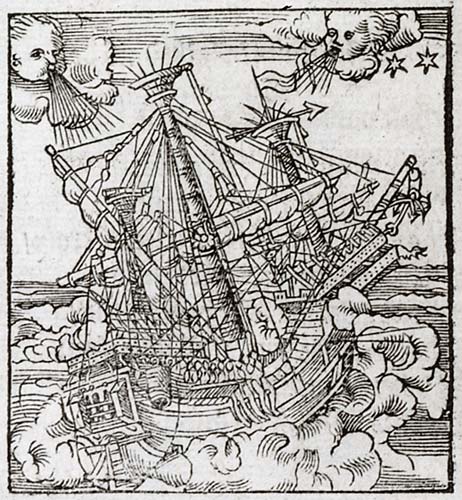The French Aesthetics of Contingency
DOI:
https://doi.org/10.13135/2038-6788/9297Keywords:
À une passante, Baudelaire, Coup de dés, French Literature, Hasard, Mallarmé, Urban EncountersAbstract
This essay considers three important French literary authors who have made contingency (chance, fortune, randomness) a significant and explicit subject of their writings. Charles Baudelaire has become well known as a major poet of chance encounters within the large, crowded modern city of the second half of the nineteenth century. For him, chance—and the paradoxically related concept of artifice—offers a break with the ennui of nature and routine. His thought on these matters echoes (while also reversing the valorisation of many ideas) that of the seventeenth-century mathematician and Christian apologist Blaise Pascal, who also denounced nature, as human beings perceive it, as a “second nature,” one that conceals the first and that is dominated by chance. This “second” nature, alienated by original sin from divine reason, is permeated by randomness. However, within this random world, human beings cultivate certain forms of artificial chance (e.g., games of chance) as a way of escaping ennui. The last writer considered here is Stéphane Mallarmé, whose great modernist poem Un coup de dés jamais n’abolira le hasard (A throw of the dice will never abolish chance) raises chance from the level of everyday encounters to a heroic gesture associated with many of the pre-modern symbols of chance.


